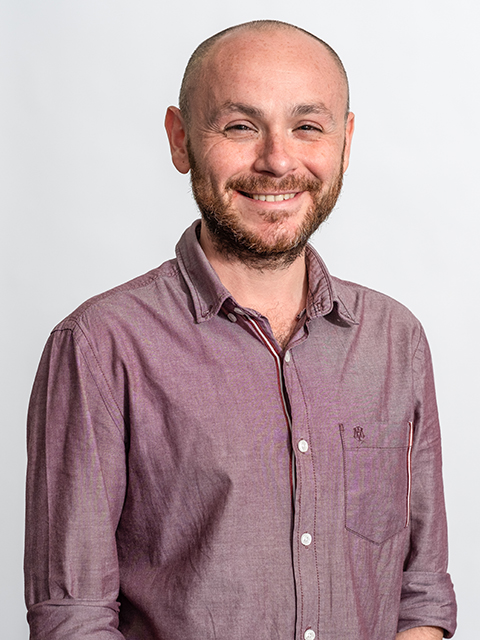What our supervisors say
Dr Ali Bilgic, reader in International Relations and Security in the School of Social Sciences and Humanities talks about his research and offers advice to future doctoral researchers.

I am a scholar of security studies. I do research in diverse areas, including Middle East regional and international politics, the security–migration nexus in the UK and Europe, and the role of emotions in global politics and security.
Postcolonialism and gender studies provide a significant conceptual foundation for my research, as do historical sociology, critical geopolitics, and international political economy.
I am motivated by the complex ways in which security interacts with power relations in global politics, between or within states. By exploring these power relations, I aim to generate practical solutions to the global challenges we face. This is reflected in my current research areas. For example, I examine status ambitions and anxieties in the Global South, such as states in the Middle East. I investigate historical anxieties, domestic political and economic dynamics, and the emotional reasons leading some states to try to elevate their international standing by challenging established powers.
My advice to doctoral researchers would be to make your research relevant, different, and innovative!
All types of research start with a question that is intriguing, timely, puzzling, and challenging; one that is not easy to answer. Your question must be thought-provoking, but this is only the beginning. Your question also needs to pass the ‘so what?’ test. This means that your answers to that question should challenge, influence, change, or transform the existing ways of thinking and doing politics. Your research should be a necessary intervention into both the academic world and the world of practitioners. Make your research relevant!
The most important difference between a PhD and other degrees is that a doctoral researcher is expected to make an original contribution to the academic debates, so you need to be well aware of those. Build upon the existing research; use it to form your own voice, but always with one objective: make your research different!
My supervision style is based on making doctoral research relevant, different, and innovative. Therefore, it is necessary that a doctoral researcher owns their project. From the first supervision meeting, I make it clear that my role during the project is to supervise the researcher, guide them towards different paths that might enrich their research, support them if they feel unsure about next steps, and support them to remain focused. Supervision meetings are conversational and non-hierarchical where we, as a team, discuss how to make the research stronger. They are meetings between researchers, not between teachers and students.
Supervising the research is only one dimension of my PhD practice. I see a doctoral researcher as a future colleague; therefore I feel that I have responsibility to introduce them to all spheres of the academic profession. Teaching by doing is my method. We may write academic articles together to familiarise the researcher with the publication process; we may attend academic conferences together to present research and learn to engage with academic audiences. I encourage them to expand their network through professional organisations. As teaching is an essential part of our profession, I include them in my teaching as guest lecturers and provide them with feedback on their teaching practice. I try to be an example that they can follow, so they can flourish in their own way.
In addition to regular meetings, I support my doctoral researchers by reviewing their research and providing constructive feedback to improve their work. In line with my supervision style, I encourage my doctoral researchers to be proactive in conferences, professional networks, think-tanks, and in developing a publication strategy. Professional development is key to my support.
It is important that doctoral researchers who work with me are open to alternative ideas and different opinions. Consequently, I encourage them to take part in multiple research groups in the School. Listening to others’ research works towards their own research. I am pleased to say that our School is rich in providing these peer opportunities. Additionally, the School provides many training sessions on professional development. The opportunities offered by the Doctoral College add another layer of support to our doctoral researchers’ development.
However, our support is not limited to research. Both myself, as a supervisor, and Loughborough University, as your institution, give utmost importance to our doctoral researchers’ wellbeing. A PhD process can be trying, and life can throw new challenges in the way. We prioritise our doctoral researchers’ wellbeing and when it is necessary, we help them find the right support within the University.